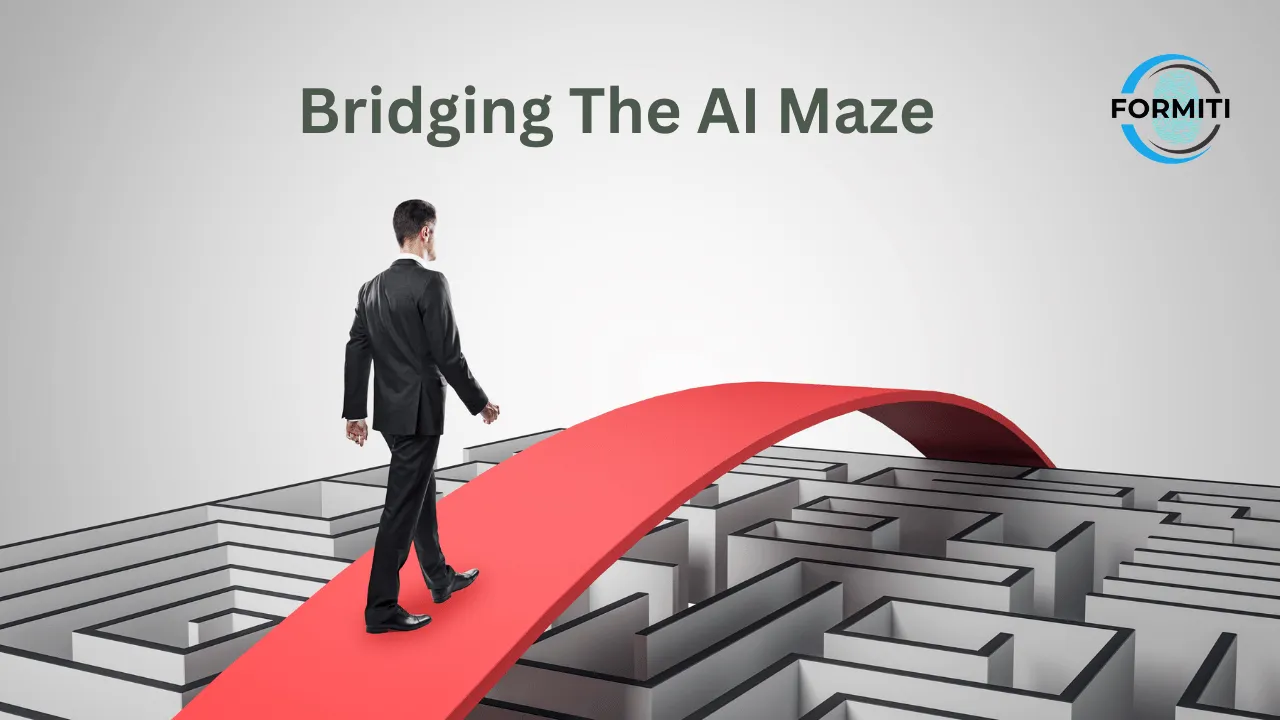Introduction
In today’s digital epoch, artificial intelligence (AI) stands at the forefront of innovation, reshaping industries and revolutionising the way we interact with technology. However, with great power comes great responsibility, especially in the realm of data privacy. This article delves into the intricate dance between AI advancement and global data privacy regulations, a landscape that organisations must navigate with astuteness and agility.
The AI Revolution and Data Privacy: A Delicate Balance
The surge in AI advancement in technologies has ushered in an era of unprecedented capabilities, from predictive analytics to automated decision-making systems. Yet, this progress does not come without its share of challenges. One significant hurdle is ensuring that these technologies comply with stringent data privacy laws, such as the General Data Protection Regulation (GDPR) in the EU, the California Consumer Privacy Act (CCPA), and others around the globe. At the same time, the new EU AI Act which is a specific law aimed at generative AI and includes ethics and bias, to name a few areas of the law.
The key challenge lies in the inherently data-driven nature of AI. These systems require vast amounts of data to learn and improve, often encompassing sensitive personal information. Balancing the hunger for data with the need to protect individual privacy rights is a complex task, requiring a deep understanding of both technological aspects and legal frameworks.
Global Regulations: A Moving Target
Global data privacy regulations are constantly evolving. Each region has its unique set of laws, and businesses operating across borders must be adept at navigating this mosaic of regulations. The EU AI Act aims to ensure a human-centric and ethical development of Artificial Intelligence (AI) in Europe; MEPs endorsed new transparency and risk-management rules for AI systems.
Moreover, the dynamic nature of AI advancement in technology often outpaces the speed at which regulations are formulated and updated, leading to a grey area in compliance. Businesses must not only adhere to current laws but also anticipate future changes, adapting their AI strategies accordingly.
Strategies for Compliance and Innovation
To thrive in this challenging environment, businesses need to adopt a proactive approach. This includes implementing robust data governance frameworks, ensuring transparency in AI operations, and fostering a culture of ethical AI usage.
One effective strategy is conducting regular AI assessments, which evaluate the compliance of AI systems with existing data privacy laws. These assessments help identify potential risks and ensure that AI implementations are not only legally compliant but also ethically sound.
Another crucial element is the role of AI Ethics Officers. These professionals bridge the gap between technology and regulation, guiding organisations in the ethical deployment of AI. They play a pivotal role in making informed decisions that align with both the organisation’s values and legal requirements.
Conclusion
In conclusion, navigating the AI maze requires a delicate balance between harnessing the power of AI and respecting global data privacy regulations. Businesses must be vigilant, adaptable, and ethically minded to succeed in this landscape. At Formiti Data International Ltd, we understand these challenges and offer specialised services to aid organisations in this journey. Our AI Ethics Officer Service and AI Assessment Service provide the expertise and tools needed to ensure your AI initiatives are both innovative and compliant.
